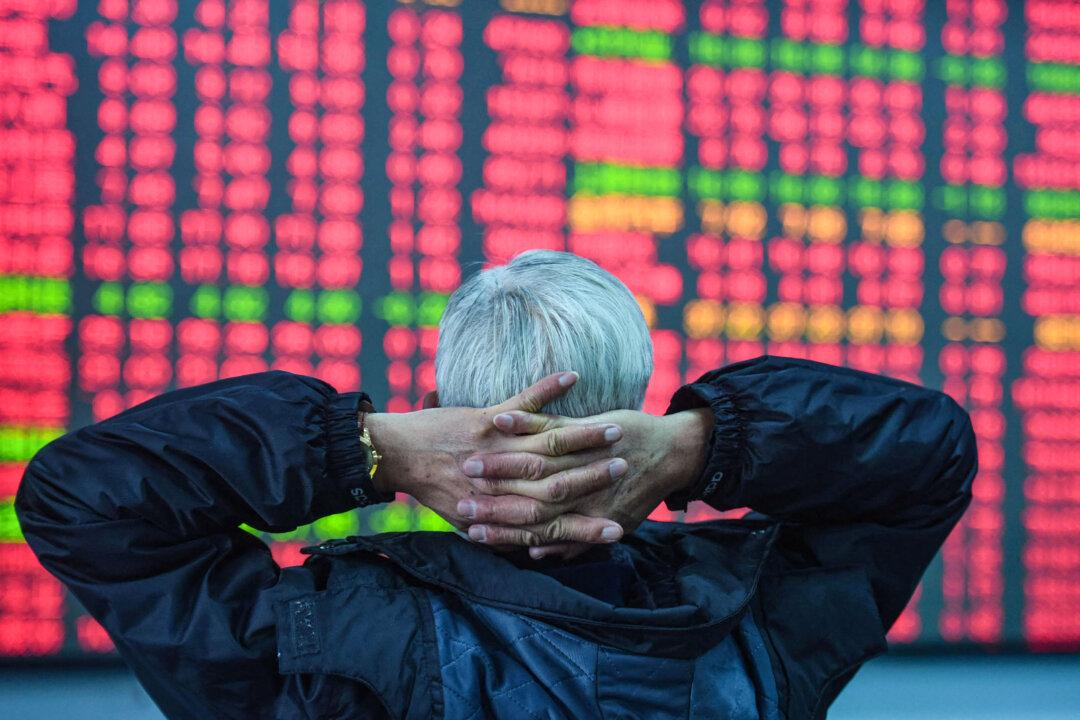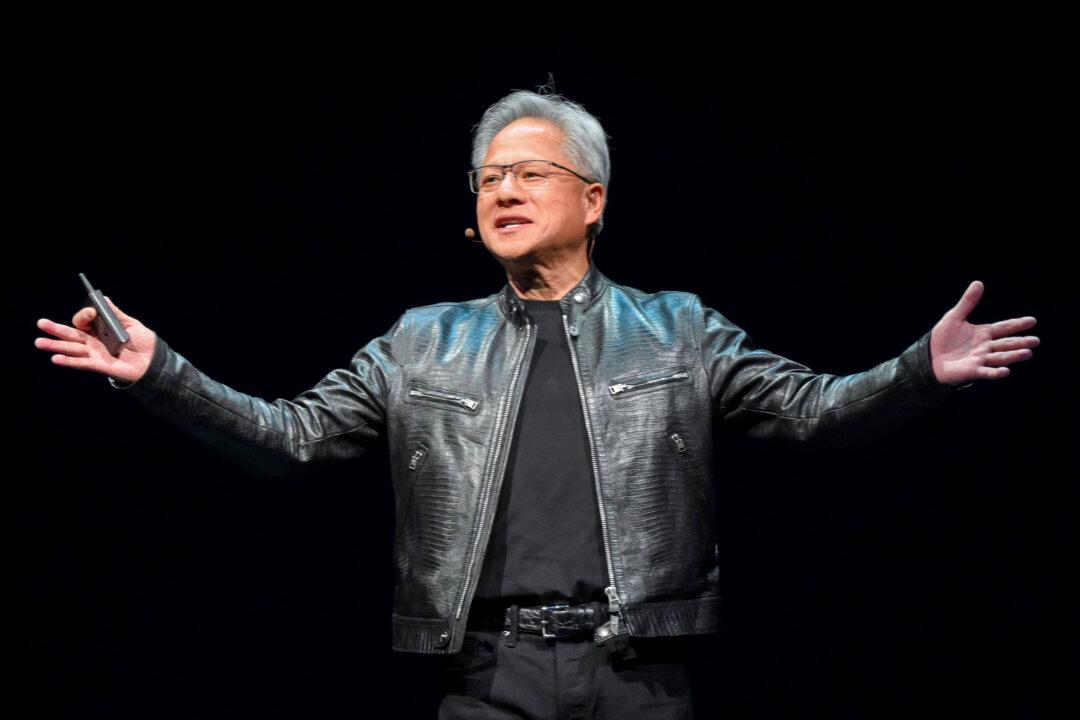Part one of this series examined the crisis in Hong Kong’s stock market, which has been decimated by an exodus of foreign capital and a pessimistic mood as foreign investment, human freedoms, and human capital leave the once thriving city.
Experts theorize that the current bear market reflects a brutal strategy to bring the former British colony in line with mainland China—one that is content to lose Hong Kong’s people in order to remake the city in the communist mold.




